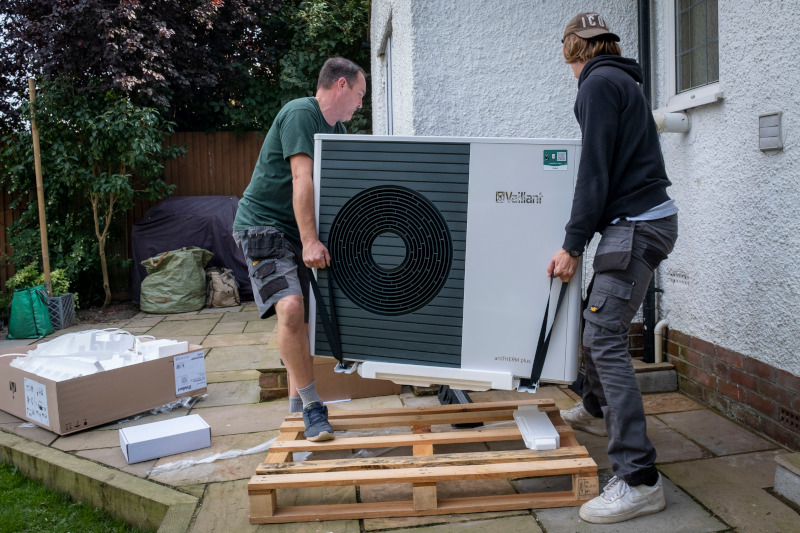The Department for Energy Security and Net Zero (DESNZ) has this week published a call for evidence into what it says is the “first comprehensive review of the energy regulator”.
According to the review’s terms of reference, its aims are “to establish an energy regulator fit for the future” and to consider “how to set up Ofgem so that it can regulate a fast-changing market to deliver a fair deal for consumers as we transition to net zero”.
Among its proposals, the document says the government “is considering the case for reviewing the boundary of Ofgem’s role in enforcing consumer law in respect of low carbon technologies and energy efficiency measures”. It says such technologies could include heat pumps and solar panels.
The call for evidence says: “While most people who install low carbon technologies will see genuine benefits, research by Citizens Advice has found that trust in these technologies is at risk of being damaged by poor quality installations and rogue traders. Without action, consumer confidence could be undermined, and this could risk us not meeting our net zero targets.”
According to a statement from DESNZ, the review will also “examine Ofgem’s role in approving new infrastructure projects and improving the grid connections process, ensuring that the regulator plays a key role in fostering growth and delivering the government’s clean energy mission”.
Ofgem has consenting powers in relation to assessing whether major energy infrastructure projects are in the interest of consumers. Since 2023, the body has had a duty to have regard to the UK’s net zero target when carrying out its regulatory functions.
In August, it confirmed its final approval on the costs associated with delivery of a 436 km subsea electricity cable connecting the Scottish and English transmission networks from Peterhead in Aberdeenshire to Drax in North Yorkshire. Last month it approved five major undersea energy links.
Ofgem also oversees the regulatory regime for grid connections. In November 2023 it confirmed new powers to allow “zombie” energy infrastructure projects to be removed from the queue for connections to the national grid, enabling “viable” schemes to get connected quicker.
The call for evidence document says: “The electricity network needs both significant expansion and reform of the process for connecting supply and demand to the grid. Government is aware that the lack of timely grid connections is a significant barrier to investment.
“Tackling this will be critical to achieving clean power by 2030. A clear direction of travel from government, Ofgem and [the National Energy System Operator (NESO)] should provide businesses with the stable conditions and clear incentives to invest in technology and infrastructure upgrades.”
Ofgem chief executive, Jonathan Brearley, said: “A great deal has changed since our remit was set 25 years ago, and will continue to change as we move to new ways of generating and using energy. The energy crisis served as an important reminder to all that protecting consumers must remain the focus no matter what challenges we face, so that every household receives the service and support they rightly expect.
“We have already made significant reforms to stabilise the market, drive investment in our infrastructure, and begin to improve standards, however we know more can be done with more powers. We’re committed to keeping consumers at the heart of everything we do, and working together with government, industry, and consumer groups and charities to shape a future energy and retail market that delivers for everyone.”
The call for evidence closes on 28 February. According to the terms of reference, the energy secretary will receive the review’s final report in the spring.

